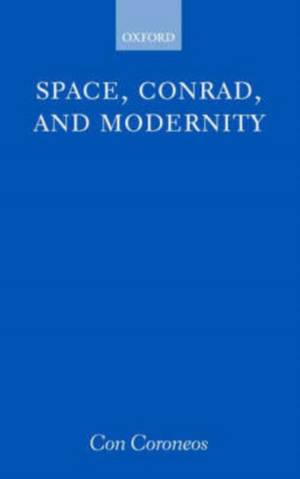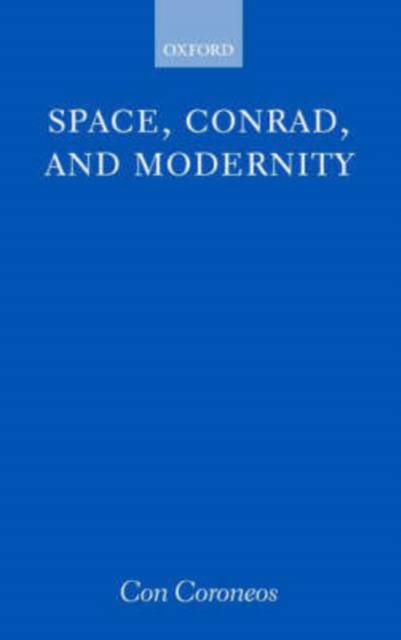
- Afhalen na 1 uur in een winkel met voorraad
- Gratis thuislevering in België vanaf € 30
- Ruim aanbod met 7 miljoen producten
- Afhalen na 1 uur in een winkel met voorraad
- Gratis thuislevering in België vanaf € 30
- Ruim aanbod met 7 miljoen producten
Zoeken
Omschrijving
Recent literary and cultural criticism has taken a spatial turn. Nowadays, to speak is to speak from, to, or in; to know something is to have "mapped" its discursive operation. Focusing on the work of Joseph Conrad, in whom the opposition between a space of words and a space of things is strikingly figured, this book locates this development within the opposition between a space of things and a space of words. Among the figures drawn into dialogue with Conrad are John Buchan, Woolf, Joyce, Peter Kropotkin, René de Saussure (brother of the famous Ferdinand), Henri Bergson, the filmmakers George Méliès and Carol Reed and, in particular, Michel Foucault, whose anxious negotiation with spatial ideas touches the book's deepest understanding.
Specificaties
Betrokkenen
- Auteur(s):
- Uitgeverij:
Inhoud
- Aantal bladzijden:
- 208
- Taal:
- Engels
Eigenschappen
- Productcode (EAN):
- 9780198187363
- Verschijningsdatum:
- 25/04/2002
- Uitvoering:
- Hardcover
- Formaat:
- Genaaid
- Afmetingen:
- 140 mm x 216 mm
- Gewicht:
- 412 g

Alleen bij Standaard Boekhandel
+ 225 punten op je klantenkaart van Standaard Boekhandel
Beoordelingen
We publiceren alleen reviews die voldoen aan de voorwaarden voor reviews. Bekijk onze voorwaarden voor reviews.











